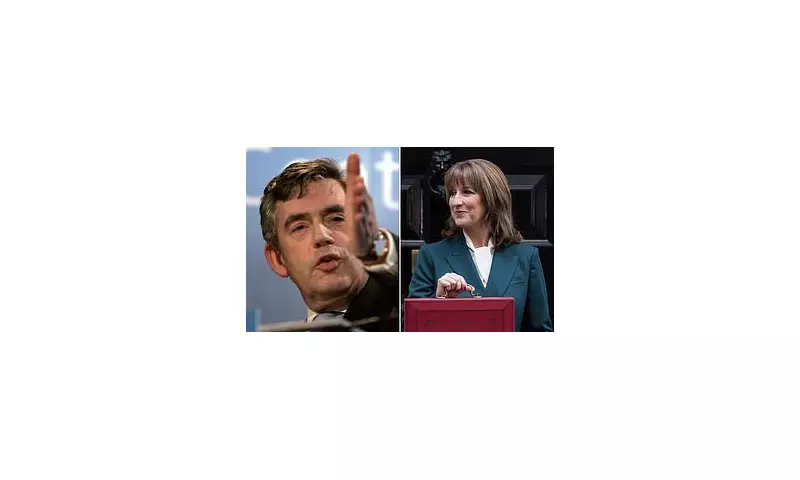
Chancellor's Pension Shakeup Sparks Outrage
Chancellor Rachel Reeves is facing mounting criticism over plans to dramatically restrict salary sacrifice pension schemes in what critics are calling a catastrophic move for retirement savings. Drawing parallels with Gordon Brown's controversial 1997 pension reforms, the proposed changes would slash the annual allowance for salary sacrifice arrangements from £60,000 to just £2,000.
The strategy appears to follow the principle famously articulated by Louis XIV's finance minister, Jean-Baptiste Colbert, who described taxation as "the art of plucking the goose to obtain the largest amount of feathers with the least possible amount of hissing." However, financial experts warn this particular plucking could permanently damage the UK's pension landscape.
How Salary Sacrifice Works and Who Really Benefits
Contrary to government suggestions that salary sacrifice primarily benefits wealthy City workers, the scheme is widely used by mainstream companies and ordinary employees across the country. Under current arrangements, employees voluntarily give up part of their gross salary, which goes directly into their pension before tax and National Insurance deductions. Employers also save on National Insurance contributions, creating mutual benefits.
The proposed £2,000 cap would force both employees and companies to pay National Insurance on any pension contributions above this threshold. This represents a significant departure from the current £60,000 limit and could impact workers earning moderate salaries of £40,000 or more.
Devastating Impact on Retirement Savings
Wealth management firm AJ Bell has calculated the sobering financial consequences for ordinary savers. A 35-year-old earning £40,000 annually could be £20,101 poorer at retirement age under the new plans, assuming current pension savings of £30,000 and annual investment growth of five percent.
The damage escalates with income levels. A 35-year-old earning £50,000 using salary sacrifice would see their retirement pot reduced by £22,060, while someone on £75,000 could be £37,201 worse off. These calculations assume standard contribution rates of five percent from the employee and three percent from the employer.
Perhaps most alarmingly, a survey by the Association of British Insurers found that nearly 40 percent of workers would save less into their pensions if these changes were implemented. This comes at a time when an estimated 14.6 million people are already saving insufficiently for retirement.
Broader Economic Consequences
The reforms have drawn sharp criticism from business leaders and insurance experts. Dame Amanda Blanc, chief executive of insurance giant Aviva, previously warned the Chancellor that such moves would be "bad news for Britain." The changes risk creating insecurity and discouraging financial prudence among those trying to build retirement nest eggs.
The timing could hardly be worse for businesses, many of which are already grappling with National Insurance increases, minimum wage hikes, and impending workers' rights legislation. Critics argue the measures will make employers less eager to hire at a time when economic growth should be the priority.
Younger workers stand to lose most from these changes, as they would be deprived of the tax-friendly environment that encourages long-term saving. The move also depletes a pool of capital that could otherwise finance infrastructure and innovation - ironically, one of the Chancellor's stated objectives.
Historical Parallels and Political Backlash
The shadow of Gordon Brown's 1997 pension reforms looms large over this debate. Then-Chancellor Brown scrapped dividend tax relief for pension funds, a move widely blamed for damaging the UK's final salary pension system. Reeves, who reportedly kept a framed picture of Brown on her bedroom wall as a student, appears to be following in her mentor's footsteps.
While the salary sacrifice changes are deferred until 2029, providing a window for potential reconsideration, the fundamental concern remains. As one critic starkly put it: "In her assaults on pensions, Reeves is not merely plucking feathers, she is killing the goose that lays the golden egg."





